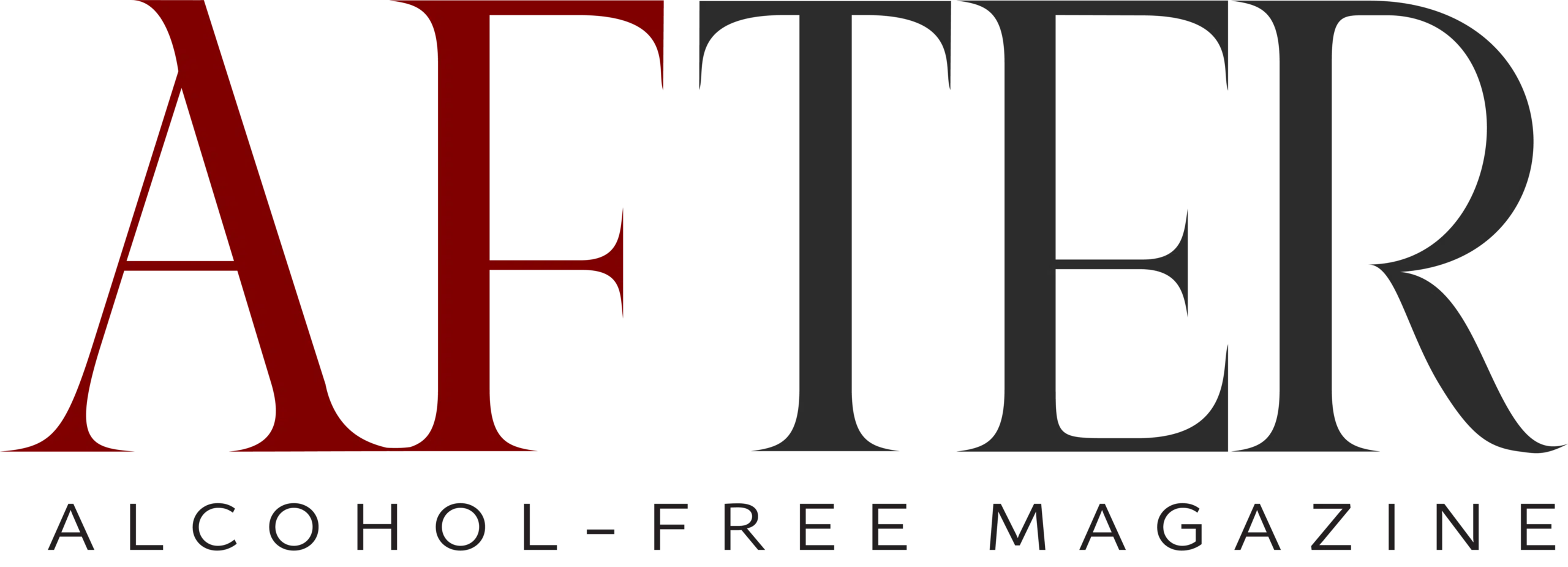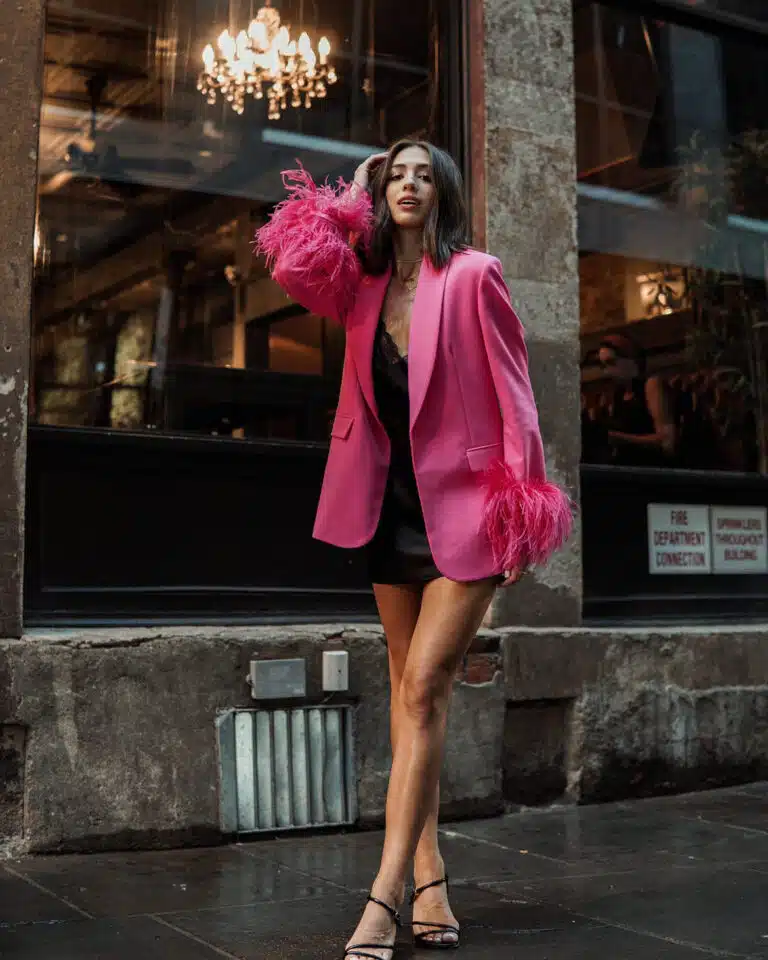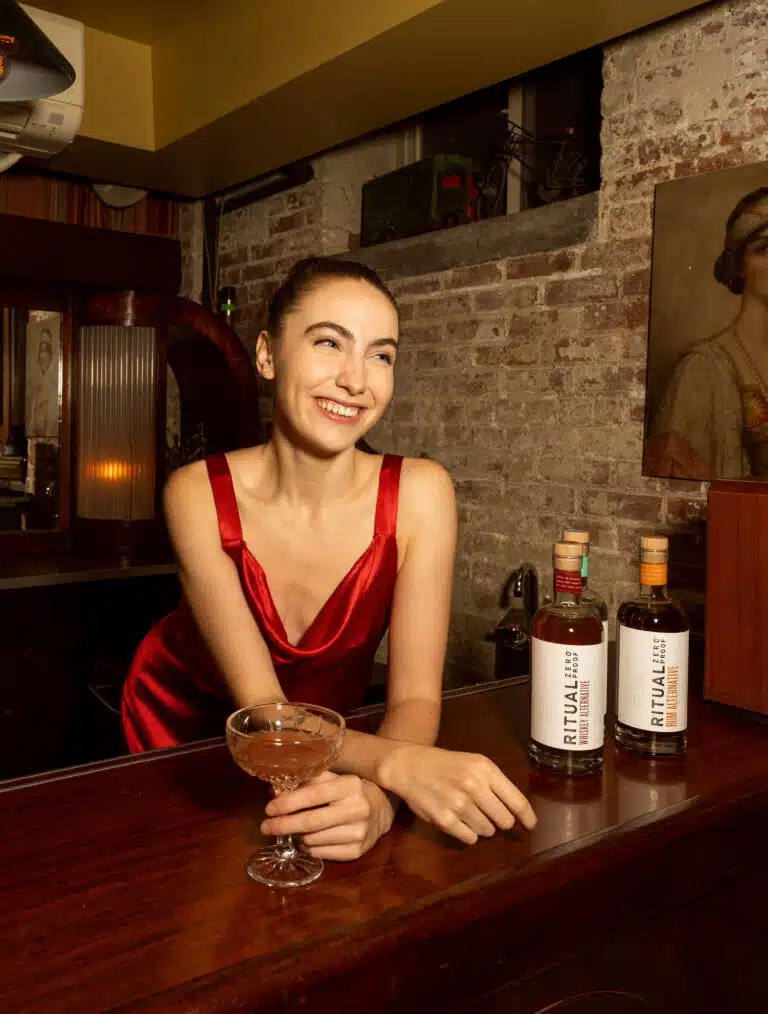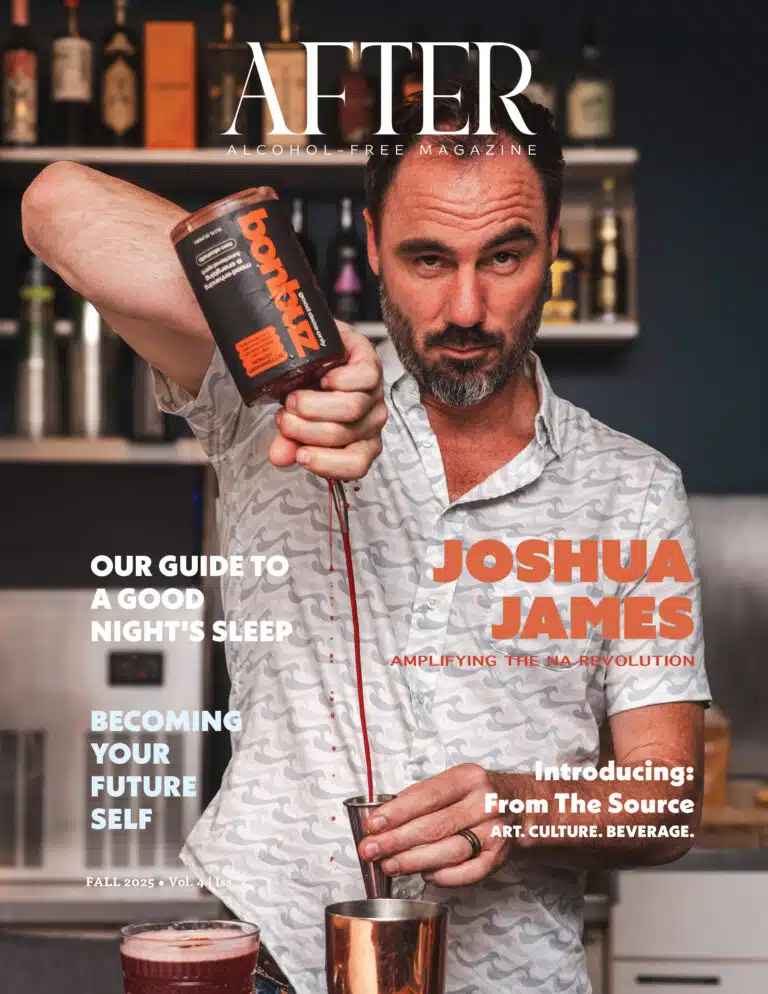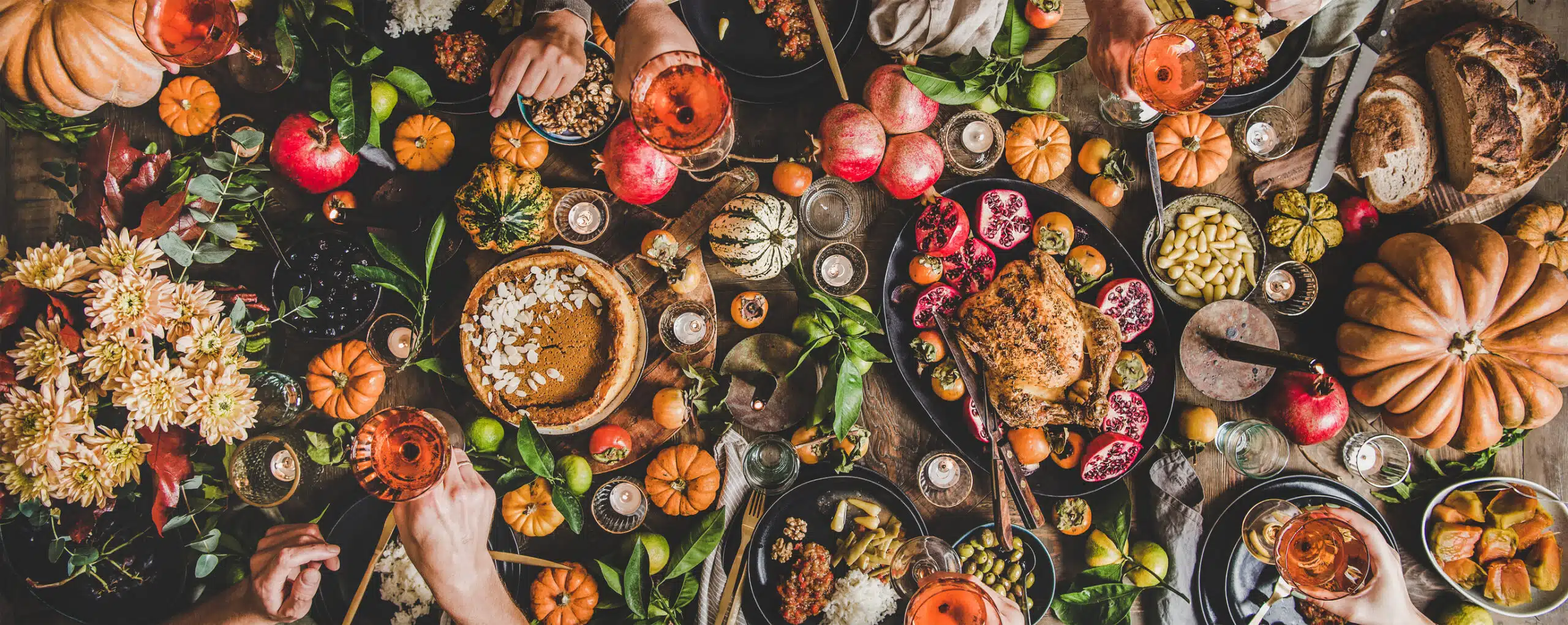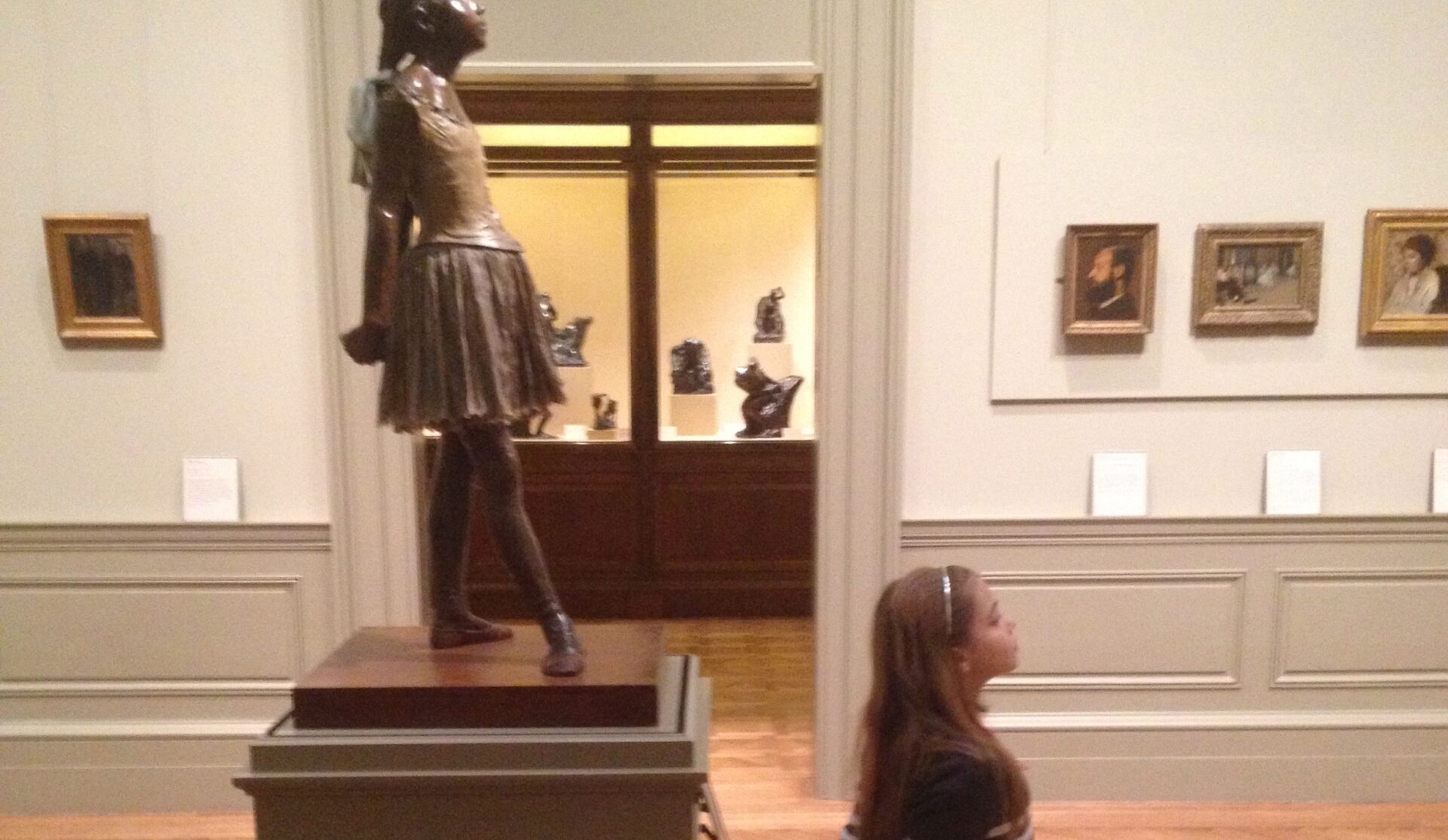Lorem ipsum dolor sit amet, consectetur adipiscing elit. Ut elit tellus, luctus nec ullamcorper mattis, pulvinar dapibus leo.
When major cultural shifts occur, it often appears as if they’ve emerged out of thin air. Most often the reality is that the undercurrents and whispers that led to the transformation were quietly gathering steam over long periods of time. The cultural shift in attitudes toward alcohol in the United States is no exception. The Dry January Movement, a challenge to stay abstinent from alcohol for 31 days, was introduced by Alcohol Change UK in 2013. It opened the door for a flow of international energy that, eight years later, modern technologies brought into global consciousness. The dry lifestyle movement, after almost a decade of quiet growth, achieved massive visibility in 2021.
During Covid, the American Psychological Association (APA) reported that 1 in 4 adults admitted drinking more to deal with pandemic stress. While Dry January had gained in popularity in its first eight years, 2021 was dubbed “Damp” January for its major increases in drinking, including a 41% rise in binge drinking among women. But what looked like an upward trend in drinking in the short run, turned around a year later. In 2022, Morning Consult reported that 27% of Millennials participated in Dry January, an 11% increase from the previous year, despite still dealing with heavy fallout from the pandemic.
... a few decades later, the same survey found that nearly 40% of iGen students completing high school in 2016 had never tried alcohol, and that the number of eighth graders who had tried [it] decreased by nearly 50% compared with Gen X.
Twenge’s analysis of the Monitoring the Future (MtF) survey administered annually to 8th, 10th, and 12th graders by the Institute for Social Research at the University of Michigan, found that the average Gen Xer—who came of age in the 1990s—had tried alcohol by eighth grade (around age 13). Drinking was already a part of this generation’s lives for at least eight years by the time they reached the legal U.S. drinking age. A few decades later, the same survey found that nearly 40% of iGen students completing high school in 2016 had never tried alcohol, and that the number of eighth graders who had tried alcohol decreased by nearly 50% compared with Gen X. Twenge notes that “iGen is the ideal place to look for trends that will shape our culture in the years to come…. With the popularity of the smartphone, iGen’ers differ in how they spend their time. Their life experiences are radically different from those of their predecessors.” iGen also differs in the way they consume media, the way they spend their dollars, and the platforms they have available to share their stories. These young people and leaders are actively using their platforms to challenge hundreds of years of cultural norms about alcohol consumption that date back to the founding of the United States.
In December 2016, one such leader, Hilary Sheinbaum, journalist, author, and on-air lifestyle expert, made a bet with one of her close friends to see who could complete Dry January the following month. “We were challenging ourselves to go through a month without alcohol,” she remembers. “I was a red carpet reporter covering events and going to after-parties with open bars of top shelf liquor and champagne. Living in New York in my 20s, I was attending birthdays, happy hours, networking events, and dates, which all included alcohol. Abstaining from something so prominent … is a challenge in itself.” The experience inspired her first book, The Dry Challenge: How to Lose the Booze for Dry January, Sober October, and Any Other Alcohol-Free Month, released by HarperCollins on December 29, 2020. “When I first did Dry January, I was one of those stereotypical people that wouldn’t shut up about it,” she laughs. “So instead of repeating it 100 times or being overbearing, I wrote this book as a guide.”

Hilary Sheinbaum
Photo courtesy: Hilary Sheinbaum
@hilarywritesny
Due to the timing of the release, Hilary’s plans for a conventional book tour quickly changed into a string of Zoom interactions. Unbound by geographic proximity to bookstores, she reached a broader audience with her sober message at the right moment. “When my book launched in the middle of the pandemic, some people were drinking heavily, but they weren’t quite yet examining their relationships with alcohol.
I think that they were considering lessening their intake, but weren’t quite ready to do so.” Feedback on the book’s Amazon page suggests that Hilary’s positive influence helped several readers prepare to grapple with the role alcohol played in their lives. One entry of resounding praise reads, “This is…a supportive, encouraging and positive guide. Like a friend trying to help you out. It really gives you the feeling that, ‘Hell yes I can really do this and it could even be fun!” The Covid era helped The Dry Challenge take on a life of its own that still excites Hilary: “In the past, I would’ve done a few months of promotion. Since things have opened up in 2022, though, it’s been month after month that I’ve been lucky to talk about this book and the dry movement.”
Around the same time that Hilary’s book was finding new audiences through the post-pandemic shifts in technology, an ever-growing group of alcohol-free influencers began to emerge, using their visibility to help change cultural attitudes toward drinking as a mission to better individual lives and our culture at large.
Paige Danoff, an interior designer and mixologist, remembers discovering the online alcohol-free lifestyle community during COVID. Then living on the Upper West Side of Manhattan, Paige needed to escape the loneliness and claustrophobia of a small New York City apartment. “In mid-2020 I discovered I could attend [virtual] Alcoholics Anonymous (AA) meetings anywhere in the world. At any moment, I could connect with people in Ireland, Mexico, anywhere.” She soon created even broader connections in online spaces, finding a similar kind of fellowship to the one so important to AA programs. “I started to find fellowship on Instagram every day, messaging people who were in recovery like me, or those who were curious about sobriety. I had a place to share my experiences and the benefits of a sober lifestyle.”
By early 2022 Paige built those relationships into Sober and Funky, an Instagram brand devoted to illustrating the joyful side of sobriety through mocktails, musings, and advice, with an emphasis on “coming into your true self.” Wanting to create authentic content, Paige wrestled with the merits of becoming a social media “influencer,” but was soon convinced when she discovered an abundance of like-minded people “using knowledge and genuine compassion to inspire followers to develop their own ideas of living with purpose.” Paige’s long-term plans include expanding Sober and Funky into in-person events and developing a retreat space.
While exploring the alcohol-free movement in New York, Paige connected with Rachel Hechtman who runs the Instagram account Sober in Central Park. Rachel, who lives on Manhattan’s East Side, experienced years of struggle with anxiety, trauma, and weight issues that led her to numb the pain with alcohol. “When I started…Sober in Central Park, my only mission was to hold myself accountable,” Rachel reveals. “I would just go to the Great Lawn and turn around because I was scared of exploring. I didn’t want to get lost. Then, as I got further into my sobriety journey, I would explore with my dog more and more. It was emblematic of how I was feeling about myself and getting out of my comfort zone.” Eventually Rachel, and her rescue dog, George, explored any path they could find, developed a regular six-mile loop around the park, and made friends they saw every morning. Rachel also lost more than 100 pounds, inspiring her to transform Sober in Central Park into a motivational space about holistic health, which [at the time of writing, Spring 2023] has close to 15,000 followers.
“Millennials and Gen Zers are seeing the negative health impact of alcohol on [older generations],” Rachel says. “They’re getting [information about the real dangers of alcohol] from social media platforms like Instagram and Tik Tok, not from the news or the FDA. Having that social connection piece has made a real difference.” Rachel’s recent feature on NBC News suggests that her influence is making a difference on mainstream media, as well.
Around the same time as Rachel’s journey of self discovery, New York actor and model Shea Gomez was dedicating her time and energy to building her instagram account, No Booze Babes. Shea, who identified as a “gray area drinker,” recognized that intermittent drinking was holding her back, so she took matters into her own hands. “Technology was huge for me getting sober. I would search ‘#sobercurious’ or ‘#alcoholfree,’ and that’s what really opened my eyes. I saw women in their 20s smiling and happy, and they were doing it without alcohol.” Shea was empowered, not only by the wealth of information she found online about the effects of alcohol, but also by how women were empowering themselves to take control of their social narratives. “For so long, deep down, I knew that my life would be better without alcohol, but seeing examples of people who had stopped drinking made it real. I was inspired to create No Booze Babes because I wanted to connect with others and share our truth.” Shea combines natural charisma and a high-fashion aesthetic with endearing humor to create a glamorous blueprint of alcohol-free dating and partying. She also hosts the Real Sisters of Sobriety podcast with her sister Sidney, and was recently profiled on New York’s NY1, the city’s leading voice in local news.
As the alcohol-free movement gathered energy online during COVID, it expanded into physical spaces as health restrictions allowed. Entrepreneur Elizabeth Gascoigne generally enjoyed the New York nightlife scene, but as she learned about the damage alcohol inflicts on the body, she began to look for alternatives. “I felt like there was a real gap in fun activities without drinking. I wanted an inclusive space with nonalcoholic options. Why don’t these exist?” Elizabeth was determined to create that inclusive space. “I felt the urge to do my own thing in the health and wellness space…. There is so much support for people who are into yoga, for example, but that’s not the case for people who want to make healthy nightlife choices.”
Absence of Proof was Elizabeth’s way to test this theory. She started by holding pop-up social events at Kobrick Coffee in Manhattan’s Meatpacking District. The events became so successful that she has been featured on the Gothamist website and is expanding into a multi-purpose event space. Elizabeth attributes this success to the fact that many Gen Zers turned 21 during Covid, bypassing the ritualistic 21st birthday blackout. She notes, “Technology has been pivotal in terms of the younger generation’s disinterest in drinking. There’s so much marketing from the alcohol industry about drinking being ‘cool, sexy, and fun,’ but, when you research what it’s doing to your body, it’s the opposite of all those things.” In February 2023, Elizabeth left her full-time job to concentrate solely on Absence of Proof and was featured as one of Fortune’s Most Powerful Women.
Millennials...and younger generations are starting to look at drinking the way the generation before us viewed smoking: uncool and unhealthy.
Over the past three years, the alcohol-free movement has provided clarity to the sober-curious and those in recovery alike. For some, it’s also provided opportunities to totally reinvent themselves. Kasey Ehrgott, voted Best Mixologist in AFTER’s Best of Alcohol-Free 2022 Survey, found one such opportunity that changed her life.
A bartender of eight years, Kasey started her road to recovery on January 7, 2022. While in rehab and contemplating what to do next, Kasey heard about the Volstead, Manayunk Philadelphia’s zero-proof bar and restaurant, after her sister saw it featured on the news. Named after the Volstead Act, the National Prohibition Act of 1919 that outlawed alcoholic beverages, the restaurant was opened by Robert and Arielle Ashford in early 2022. It was the latest “social enterprise concept” under their Unity brand dedicated to creating recovery-friendly community gathering spaces. Two months into sobriety, Kasey remembers, “I drove straight to the Volstead and talked to Robert face-to-face to ask for a job. I told him my story and he hired me on the spot.” She was right at home at the Volstead which also features a plant-based, fine-dining experience. the Volstead and the Unity group focus on an ethos built around the harm reduction philosophy developed in the 1980s which utilizes “a set of practical strategies aimed at reducing the negative consequences associated with drug and alcohol use.”
In addition to providing a safe space for those in recovery and those returning from incarceration, Kasey views the Volstead’s success as a cultural rejection of misinformation and deceptive advertising. “Millennials like me and younger generations are starting to look at drinking the way the generation before us viewed smoking: uncool and unhealthy. When you watch TV and see a commercial for Grey Goose, and drinkers are [depicted] having the time of their lives. That’s not always how it is for normal people.” Just as with the rise of alcohol-free influencers, spaces like the Volstead are working to establish a culture of authenticity that will outlast the iGen.
Young people also are forming grassroots organizations against alcohol use. The Ohio Youth-Led Prevention Network (OYLPN), for example, is a state-wide coalition of young leaders dedicated to substance misuse prevention, education, and community service. OYLPN member organizations include the We Are the Majority Rally, a group of young demonstrators that holds marches and educational workshops advocating the virtues of an alcohol-free adolescence; the OYLPN Youth Council, a group of high school students from across the state that promotes the importance of drug misuse prevention and mental health awareness; and Ohio Adult Allies’s and their Regional Learning Collaborative Leaders dedicated to supporting youth-led programs. The OYLPN approach—which places young people in leadership positions, teaches peer prevention strategies, encourages positive youth development, and remains committed to community service—is a model for social change with unlimited potential.
The alcohol-free movement has blossomed in three short years from a curiosity, to a growing online community, to a social juggernaut. iGen thinkers, influencers, entrepreneurs, and activists are leading a cultural revolution that rejects the assumption that drinking has to be part of everyday American life. In doing so, the voices of the dry generation are also redefining what it means to be an active participant in our country and culture. This is DriGen. This is our future. ***
